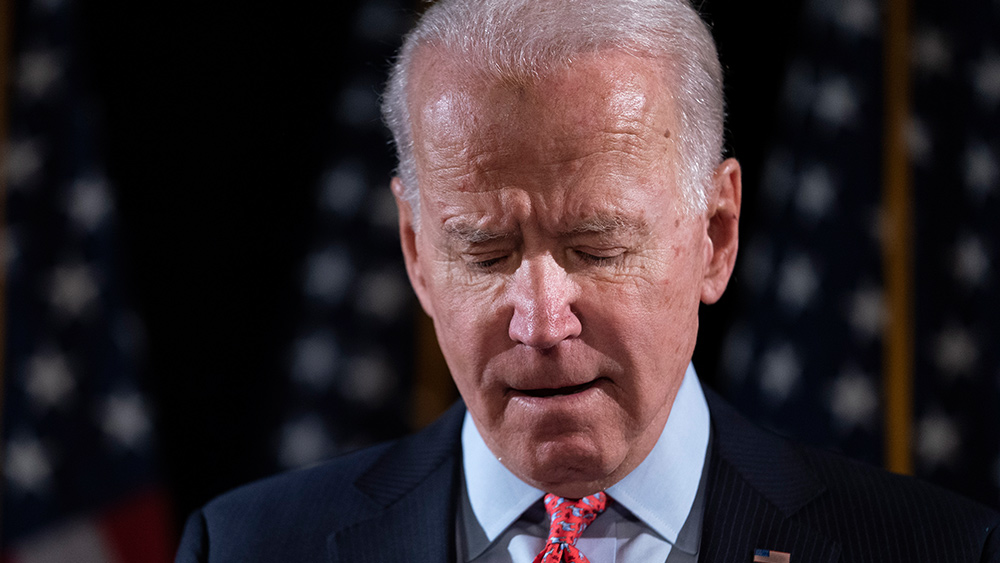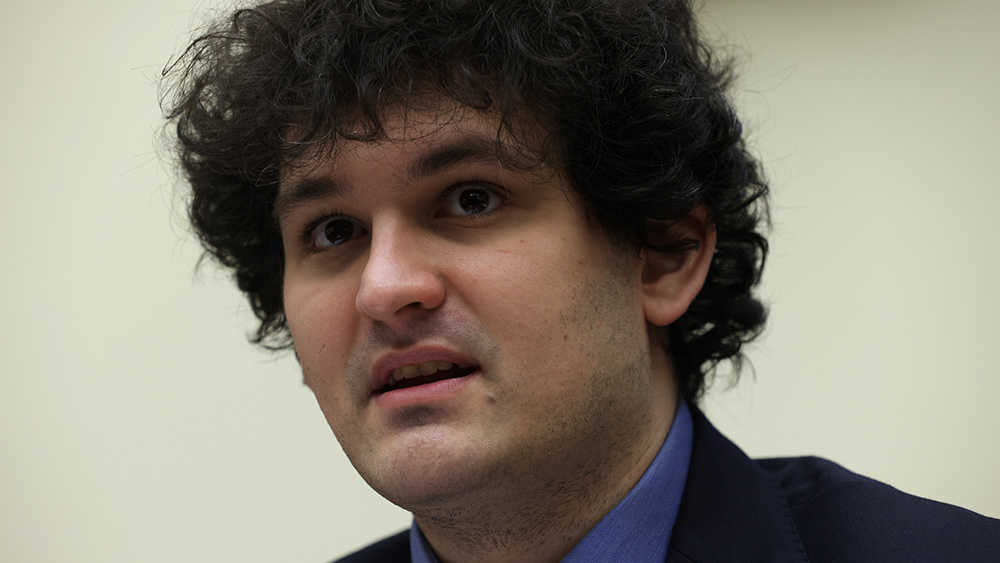Germany’s housing prices fall at steepest pace since 2003 due to high interest rates and rising construction costs
09/26/2023 / By Arsenio Toledo

Prices for homes in Germany fell by a record level during the second quarter of the year as higher interest rates and rising materials costs are taking their toll on the property market of Europe’s largest economy.
According to data collected by the Federal Statistics Office (Destatis), year-over-year residential prices fell by 9.9 percent from April to June. However, the office noted that prices are only 1.5 percent cheaper than in the first quarter of 2023, with prices still extremely elevated compared to before 2020. (Related: IMPLOSION: Latest data shows Europe’s economy has contracted to its lowest activity level since first year of pandemic.)
The implosion in German housing prices follows a long boom sparked by ultra-low borrowing costs. But the recent rise in interest rates and construction costs have put an end to this boom, and many developers in Germany have already fallen into insolvency as deals froze and prices fell.
This crisis in the construction sector has led to building permits for new apartments in the country declining by 31.5 percent in July from a year ago. Construction prices have also risen by almost nine percent in the year.
The left-wing German government wanted to build 400,000 new apartments this year to address an ongoing housing crisis, but has struggled to meet the goal. The Federal Association of German Housing and Real Estate Companies (GdW) has already sounded the alarm and has called for more government support for construction companies.
“The construction crisis in Germany is getting worse day by day and is increasingly reaching the middle of society,” said GdW in a statement. The association represents around 3,000 housing construction companies in Germany.
To stimulate new housing construction, GdW has called for a cut in the value-added tax to seven percent from the current level of 19 percent for affordable rentals, and for the government to create a new program to provide housing construction loans with a one percent interest rate to support companies.
The German government has reportedly responded positively to the concerns of the construction sector and has promised to present an aid package for the industry before October after announcing plans to promote growth in the sector, including reducing regulatory and bureaucratic requirements.
However, whatever support the left-wing government may be able to provide is unlikely to be enough to quickly reverse the trends in the construction sector, with many projects already paused or completely abandoned.
Housing prices in German cities plummet as people flee the chaos in urban areas
Housing prices saw steeper declines in larger German cities compared to more sparsely populated parts of the country, likely due to many people choosing to not move into urban areas as well as people fleeing from them.
In Germany’s three largest cities – Berlin, Hamburg and Munich, respectively – apartment prices fell by 9.8 percent and single- and two-family house prices dropped by 12.6 percent year-over-year. Significant price drops were also recorded in other major German cities, including Cologne, Frankfurt am Main, Stuttgart and Dusseldorf.
In rural areas, prices only fell by around seven percent compared to the same quarter last year, while single- and two-family home prices dropped by 8.1 percent. Both were well below the national average.
Unfortunately for lower- and middle-class Germans, the drop in housing prices has not made them cheap enough to be snapped up immediately. According to Destatis, the declining trends in the German housing market since prices peaked in 2022 are due to increased interest rates. These higher rates are preventing more people from being able to afford to take out a mortgage to purchase property.
Germany has also been beset by rising inflation rates for the past two years that have diminished wages. Workers in Germany only saw their first real wage increase in August after two years of losses. For the majority of Germans, even renting is becoming increasingly unaffordable, which makes the possibility of purchasing property even more unlikely.
A recent representative survey conducted by BHW Bausparkasse, a German bank that specializes in providing mortgage loans, revealed that only six percent of the population intended to buy a house in Germany in 2023 – a 50 percent decrease compared to 10 years ago.
Learn more about the state of the world’s housing markets at HousingBomb.com.
Watch this episode of “World Alternative Media” as host Josh Sigurdson and guest Tim Picciott discuss the cratering housing market.
This video is from the World Alternative Media channel on Brighteon.com.
More related stories:
BDI president warns Germany’s economy is STAGNATING due to country’s obsession with GREEN ENERGY.
Berlin builds new, state-of-the-art 128-apartment social housing complex exclusively for ILLEGALS.
Germany falls into RECESSION amid high energy prices and drop in consumer spending.
Sources include:
Submit a correction >>
Tagged Under:
big government, Bubble, debt bomb, debt collapse, economic collapse, economic riot, economics, economy, finance, finance riot, financial crash, Germany, housing bomb, Housing Market, Inflation, market crash, money supply, risk
This article may contain statements that reflect the opinion of the author
RECENT NEWS & ARTICLES
COPYRIGHT © 2017 BUBBLE NEWS



















